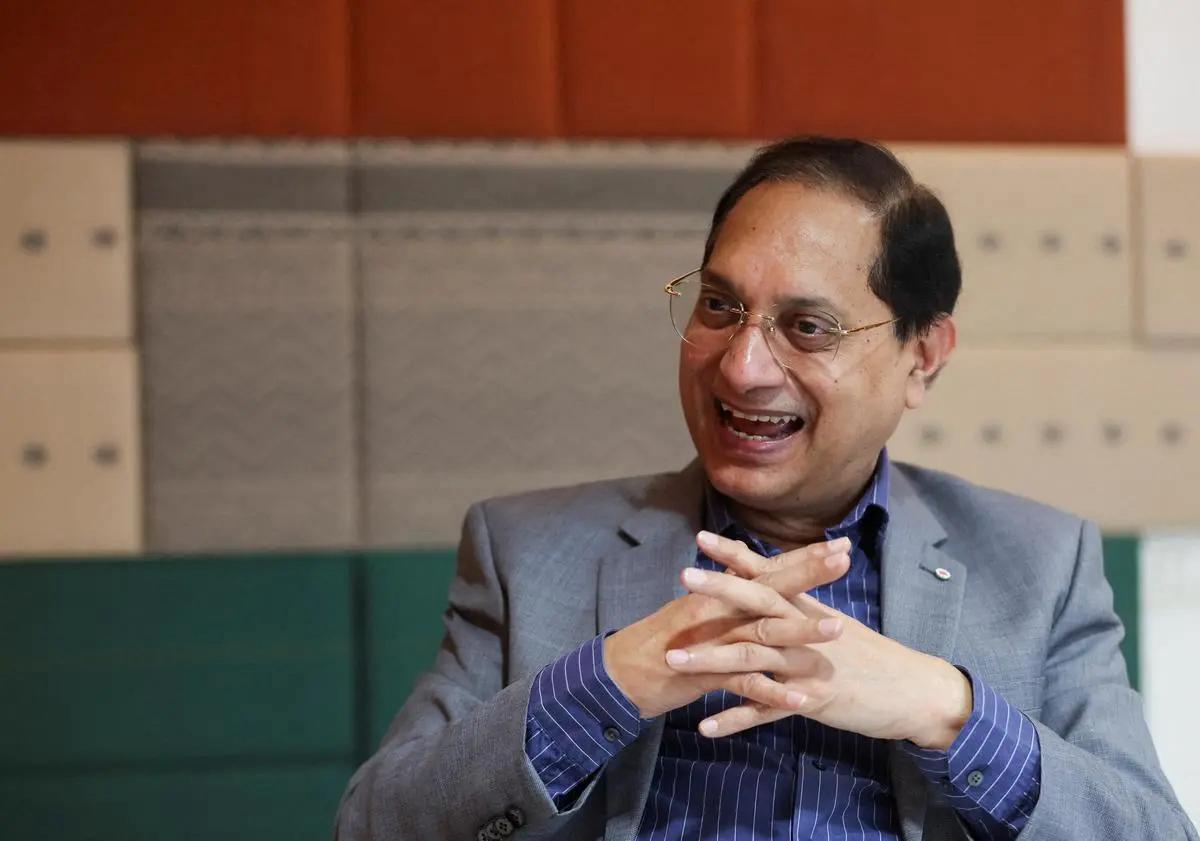India’s market regulator SEBI has unveiled plans to attract foreign investors through sweeping reforms. These include faster registration for foreign portfolio investors (FPIs), reduced trading costs in cash equities, and simplified short-selling rules. The measures aim to deepen liquidity, restore confidence, and counter $17 billion in foreign outflows this year.
SEBI’s Reform Agenda to Woo Global Capital
The Securities and Exchange Board of India (SEBI) is preparing a comprehensive set of reforms to make Indian markets more competitive and investor-friendly. Chairman Tuhin Kanta Pandey, who took charge earlier this year, announced that the regulator is focused on speeding up foreign portfolio investor (FPI) registration, cutting transaction costs, and streamlining short-selling rules. These steps come at a critical juncture, as foreign investors have withdrawn nearly $17 billion from Indian equities in 2025, citing global trade tensions and higher tariffs on Indian exports.
Key Highlights of SEBI’s Reform Plan:
Faster Registration Process
SEBI aims to reduce bureaucratic delays in registering FPIs, making India’s markets more accessible to global funds.
The regulator acknowledges that lengthy registration has been a major deterrent for foreign participants.
Lower Trading Costs
Plans are underway to cut transaction costs in the cash equities segment, improving competitiveness against other emerging markets.
Reduced costs are expected to boost liquidity and attract more long-term institutional investors.
Simplified Short-Selling Rules
SEBI is working to ease restrictions on short-selling, allowing investors greater flexibility in hedging and trading strategies.
This reform is expected to deepen market participation and enhance efficiency.
Focus on Liquidity and Depth
By improving ease of access and lowering costs, SEBI hopes to strengthen liquidity in cash markets, making them more resilient to volatility.
The reforms are designed to balance investor protection with market competitiveness.
Global Context
The reforms come amid record foreign outflows and heightened global uncertainty.
SEBI’s proactive stance signals India’s intent to remain a preferred investment destination despite external pressures.
These measures reflect SEBI’s broader vision of positioning India as a global financial hub, while ensuring that domestic markets remain robust and inclusive. If implemented effectively, the reforms could mark a turning point in restoring foreign investor confidence.
Sources: BusinessWorld, Telegraph India
